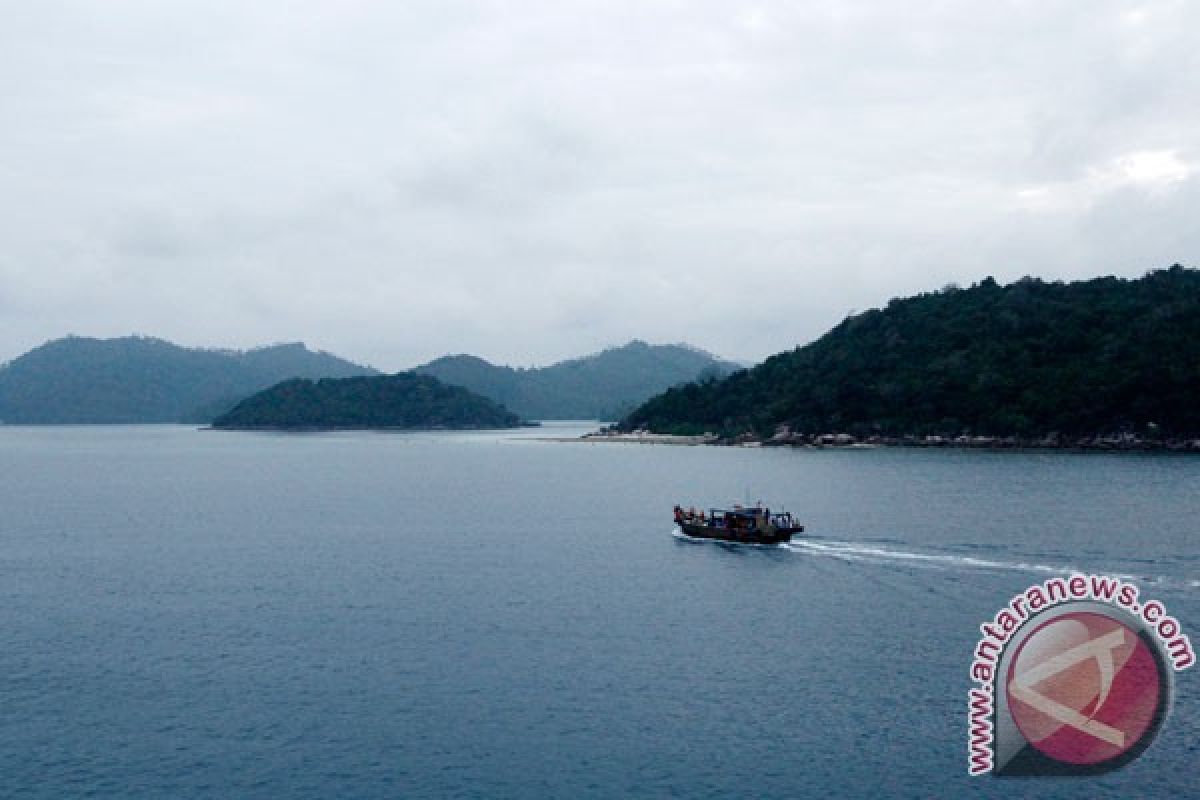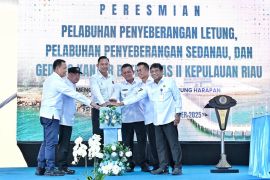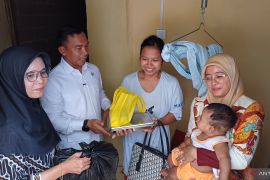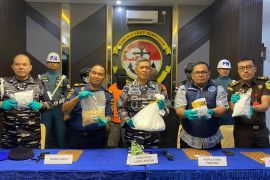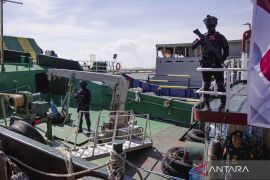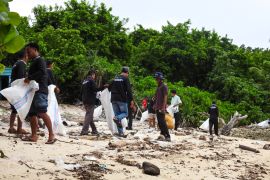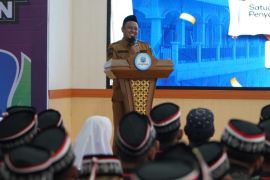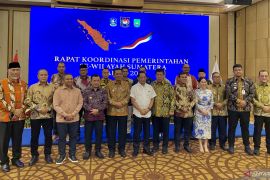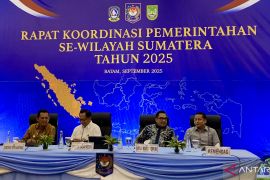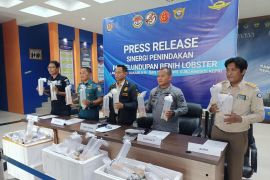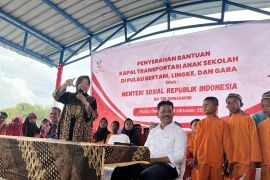Malayic music played as Riau Islands Governor Ansar Ahmad entered the Sri Serindit Building in Natuna district on April 23.
Inside, hundreds of residents in traditional attire greeted him with smiles and handshakes, placing their hopes for regional progress in the hands of their leaders.
Ahmad was accompanied by Rifqinizamy Karsayuda, Chair of Commission II of the House of Representatives (DPR). Their visit was not ceremonial or recreational—it carried a strategic purpose: to gather public opinion on the growing push to establish a special province encompassing Natuna and Anambas districts, considered Indonesia’s northernmost frontiers.
Their participation in a public discussion that day highlighted how deeply rooted the idea of regional expansion has become among locals.
Many residents believe forming a standalone province would strengthen Indonesia’s sovereignty over these outermost regions.
In response, local governments and citizens have rallied behind the proposal. They view it as a strategic administrative step to protect Indonesia’s territorial integrity in the Natuna waters, part of the South China Sea—an area fraught with competing interests from neighboring Southeast Asian nations and China.
Key leaders from the two districts have formed a special agency to advance the idea of the "Special Province of Natuna-Anambas Islands."
Supporters argue that provincial status would allow for greater central government attention, bolster security, and deter foreign fishing and coast guard vessels from intruding into Indonesian waters.
A common sentiment is that the two districts have lagged behind due to their dependence on distant central and provincial governments for planning, budgeting, and key decisions. This challenge is compounded by their geographic remoteness—not only from Jakarta but also from Tanjungpinang, the Riau Islands’ capital.
Natuna lies approximately 800 kilometers from Tanjungpinang. The only direct flight—a 1.5-hour trip—operates just twice weekly, with tickets costing at least Rp1.3 million (around US$79).
Ferries, while slightly cheaper, take up to two nights and involve added expenses for food and lodging. Travelers also face high waves, sometimes reaching nine meters, and services run only once every three days.
Proponents argue that forming a new province would shorten administrative chains, allowing Natuna and Anambas to implement policies more effectively and efficiently.
Institutional support grows
The expansion proposal has gained official traction within the Riau Islands.
In July 2023, then-Natuna Regent Wan Siswandi issued a written recommendation for the new province. Early in 2024, Governor Ahmad and Riau Islands Regional Legislature (DPRD) Speaker Imam Setiawan also signed their support.
Their endorsements cite national sovereignty and security concerns as primary motivations.
Under Law No. 23 of 2014, a new autonomous province must include at least five districts or cities—making the Natuna-Anambas proposal an exception. But Ahmad and other leaders argue that national interest should justify flexibility in applying this requirement.
Karsayuda, who hails from the Riau Islands, echoed this sentiment, emphasizing the benefits of strengthened defense, accelerated economic growth, and reduced disparities in remote regions.
Economic rationale
With 90% of its area covered by water, Riau Islands province depends on marine resources. However, it currently utilizes only around 30% of that potential—producing one million tons of marine products annually, mostly sourced from Natuna and Anambas waters.
Natuna's Serasan Island also hosts a cross-border post that plays a key role in monitoring the movement of goods and people between Indonesia and Malaysia.
In addition, most oil platforms in the province are located near Natuna and Anambas. Revenue from these operations could support the economic sustainability of the proposed province.
In other words, the central government need not worry about economic viability.
With strong backing from local governments, legislatures, and communities—and considering sovereignty, security, and economic factors—it is reasonable to say that Natuna and Anambas meet the substantive criteria for provincial status.
It is important that the central government recognize this initiative not as a bid for local power, but as a legitimate effort to reinforce sovereignty and reduce development gaps in a strategically critical border region.
Creating a new province for Natuna and Anambas is a solution worth serious consideration.
Related news: Riau Islands urged to develop fisheries-based village co-ops
Related news: Riau weather modification extended to prevent fires
Translator: Muhammad N, Tegar Nurfitra
Editor: Anton Santoso
Copyright © ANTARA 2025
